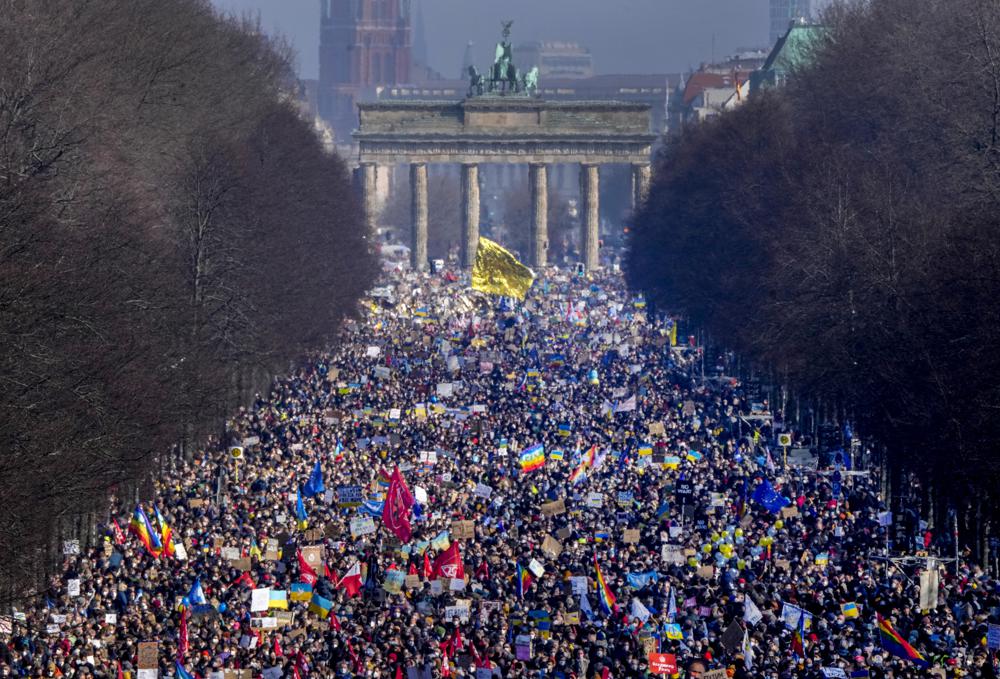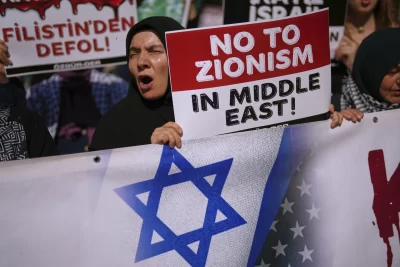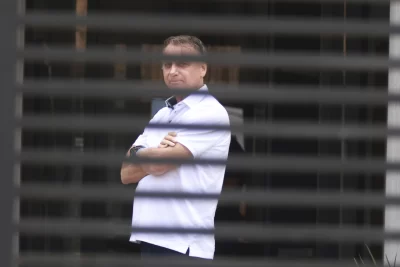
Germany announced Sunday it was committing 100 billion euros ($113 billion) to a special armed forces fund and would keep its defense spending above 2% of GDP from now on. It was one of the most significant shifts in European security policy in decades, brought on by Russia’s invasion of Ukraine.
The announcement by German Chancellor Olaf Scholz, which came hours after Germany announced it would send weapons and other supplies directly to Ukraine, underscored how Russia’s war in Ukraine was rewriting Europe’s post-World War II security policy.
It came as Israel offered itself as a potential mediator to help broker an end to the fighting, given it enjoys good relations with both Russia and Ukraine, and as protesters took to the streets in European capitals to demand an end to the war, the largest ground offensive on the continent since WWII.
Of the tens of thousands of people who massed in front of Berlin’s Brandenburg Gate to protest the invasion, some carried posters with slogans such as “Hands off Ukraine,” “Tanks to Windmills” and “Putin, go to therapy and leave Ukraine and the world in peace.”




